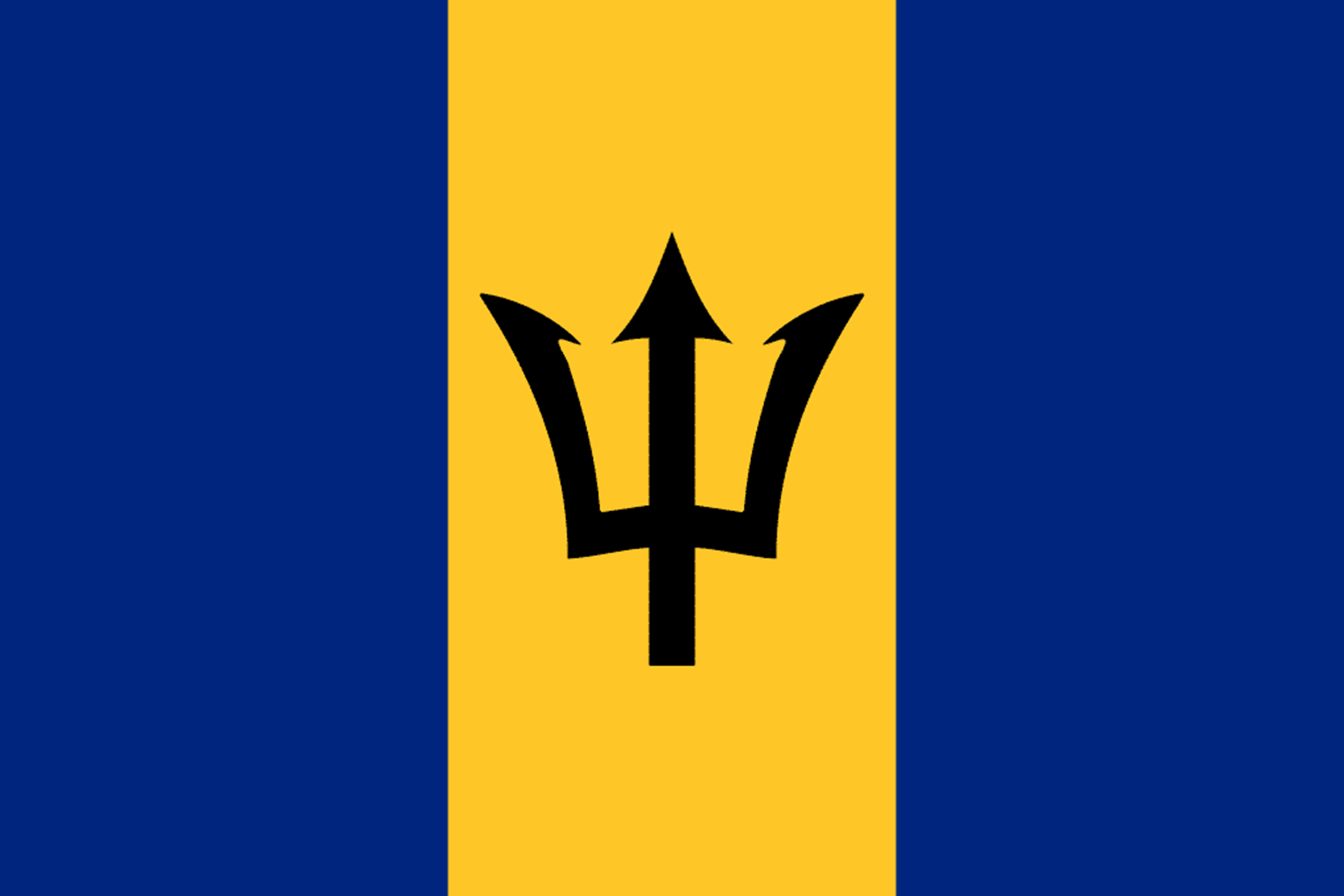On Thursday, 21. November 2024, saw the publication of the new draft republican Constitution of Barbados, written by the Constitution Reform Commission. This Constitutional draft, which comes 3 years after Barbados formally severed links with the Crown and became a republic in 2021, is a major warning sign of the true intentions of republicanism and doing away with the monarchy in our region; centralisation of power in the Prime Minister.
This new proposed Constitution, which seems likely to be enacted in light of the governing Barbados Labour Party holding 29 of the 30 seats in the Barbados House of Assembly, institutes a number of noticeable and detrimental changes regarding the headship of state compared to the monarchical Independence Constitution of 1966.
Under the proposed Constitution the President, Barbados’ head of state, is to be elected by the Barbadian Parliament on the joint nomination of the Prime Minister and Opposition Leader. Failing such a nomination, a President may be elected by a 2/3 parliamentary majority.
This sounds all well and good on the surface but hides insidious mechanisms when one views it more closely. In 9 of Barbados’ 12 general elections held since independence on 30 November 1966, the governing party has won at least a 2/3 majority in the Barbadian Parliament. Thus, in such very common instances, the Prime Minister has effectively complete power to have whomever they wish elevated to the presidency and the Prime Minister can safely ignore the opposition leader and a joint nomination. This would essentially make the presidency little more than a puppet of the Prime Minister.
Even in those instances where the Prime Minister does not have a 2/3 majority to ram through whomever they wish as President, the draft Constitution provides an insidious loophole for an unscrupulous Prime Minister to nevertheless control the presidency. In the event of a vacancy in the presidency, say for example if Parliament is unable to elect a President, the Prime Minister has free rein to directly appoint an Acting President – indefinitely. The only limit whatsoever is that the Prime Minister must “consult” the Opposition Leader – an entirely meaningless phrase which in reality allows the Prime Minister to entirely ignore the views of the Opposition.
In practice this would allow a Prime Minister to purposefully sabotage a presidential election by ensuring no candidate receives a 2/3 majority, thus making the Prime Minister free to appoint an Acting President entirely of their choosing.
This is in stark contrast to our monarchical system here in Grenada, and in Saint Vincent and the Grenadines, which Barbados also operated under until 2021. Our head of state is His Majesty the King, who is entirely independent and separate from our party politics. His powers are exercised by his representative, the Governor-General. While it is true that the King appoints the Governor-General on the recommendation of the Prime Minister, it is not an entirely unchecked process, unlike what is about to be established in Barbados. The Monarch can and historically has rejected unsuitable and partisan nominees. Just earlier this year in Australia, the King reportedly rejected Prime Minister Anthony Albanese’s preferred candidate for Governor-General, his Indigenous Affairs Minister Linda Burney. Instead the eminent lawyer Samantha Mostyn, a woman who has held no previous party-political position, was appointed to the office. In our system the King acts as an important check on the Prime Minister in vetting and appointing the Governor-General, ensuring their independence and nonpartisanship.
Another most worrying change proposed by the draft Constitution is the abolition of Royal (or in Barbados’ case Presidential) Assent. Royal Assent is the final stage in the legislative process where legislation, after having been enacted by both Houses of Parliament, must receive the Assent of the Governor-General to become law. This is a key reserve power of last resort, intended to allow the Governor-General to uphold the Constitution by providing a nuclear option to veto legislation which is utterly repugnant to the Constitutional order and democratic principles. While Assent has thankfully very rarely been withheld in the modern day there are numerous examples from throughout the Commonwealth where the threat of withholding Assent has caused a government to backtrack and abandon controversial legislation.
The Barbados draft republican Constitution would entirely abolish the procedure, meaning that legislation would become law simply upon being enacted by Parliament. This means that the Prime Minister would essentially be entirely free to enact whatever legislation they wish, no matter its contents, without fear that Assent could be withheld if absolutely necessary.
Further worrying provisions in the draft Constitution are the grant of legal immunity to the President or Acting President, and making Prorogation a power only exercisable on advice from the Prime Minister.
In the realm of legal immunity, the draft Constitution gives the President or Acting President complete legal immunity while in office, and immunity for any acts committed while in office. This makes them totally impervious to the court system for any criminal or other offence committed. They are in other words above the law. While this is a privilege indeed extended to His Majesty The King, it is not one extended to the Governor-General here in Grenada, in Saint Vincent and the Grenadines, nor indeed to the Governor-General of Barbados under the previous monarchical Constitution. This ensured their accountability for potential criminal behaviour, something which will no longer be the case in Barbados.
Likewise a highly worrying provision is the draft Constitution’s wording regarding the Prorogation of Parliament. Prorogation is a power whereby the head of state (the King, Governor-General or President) may suspend Parliament for a set period of time. In Barbados’ draft republican Constitution this power is to be exercised by the President “on the advice of the Prime Minister”. In other words it binds the President to the Prime Minister’s wishes, granting the Prime Minister complete power to suspend Parliament at will and without any recourse.
By comparison in Grenada and in Saint Vincent and the Grenadines, the Constitution does not bind Prorogation to be exercised on the advice of the Prime Minister. This is in order to give the Governor-General the crucial authority to reject a Prime Minister’s request to prorogue Parliament if such a request is obviously unjustifiable. This is a critical safeguard against abuse of the prorogation power by the executive. Such a safeguard will not exist in Barbados’ republican Constitution.
The new draft republican Constitution of Barbados is a warning sign against what republicanism entails. It gives the Prime Minister essentially complete power over the appointment of the President, either by having a commonly achieved 2/3 parliamentary majority or via the back-door clauses of directly appointing an Acting President. It abolishes the crucial reserve power of Assent, meaning the government will be free to enact whatever atrocious legislation it may desire without the overhanging threat of a veto from the head of state. It grants Presidents or Acting Presidents complete legal immunity, and allows the Prime Minister complete power to suspend Parliament arbitrarily and at will. This is a dangerous concentration of power in the office of the Prime Minister and a serious erosion of checks and balances as they existed under Barbados’ old monarchical Constitution, and which thankfully continue to exist in our own Grenadian Constitutional Monarchy, and within the monarchical constitutional framework of Saint Vincent and the Grenadines.
People across the Caribbean must take heed to this danger. The republican project in the Caribbean region has long had worrying tendencies towards weakening checks and balances and empowering the executive. The Vincentian people wisely rejected a republic in 2009 for exactly this reason. We can now clearly see with our own eyes that the worry is about to become a reality in Barbados with this new republican Constitution.





